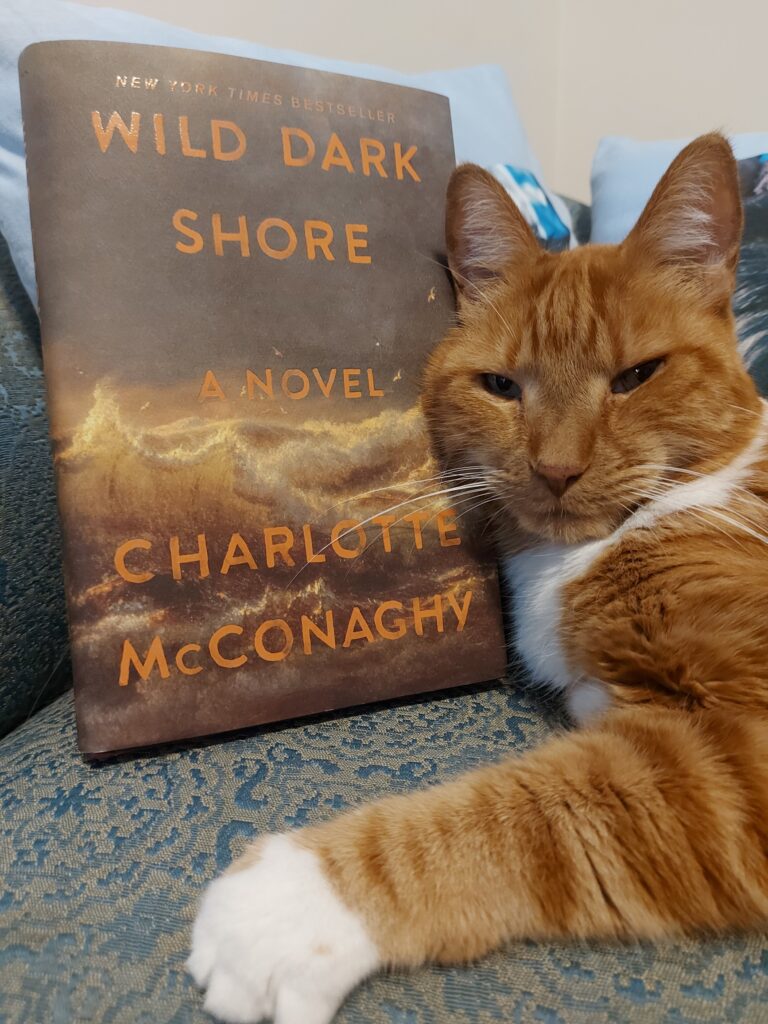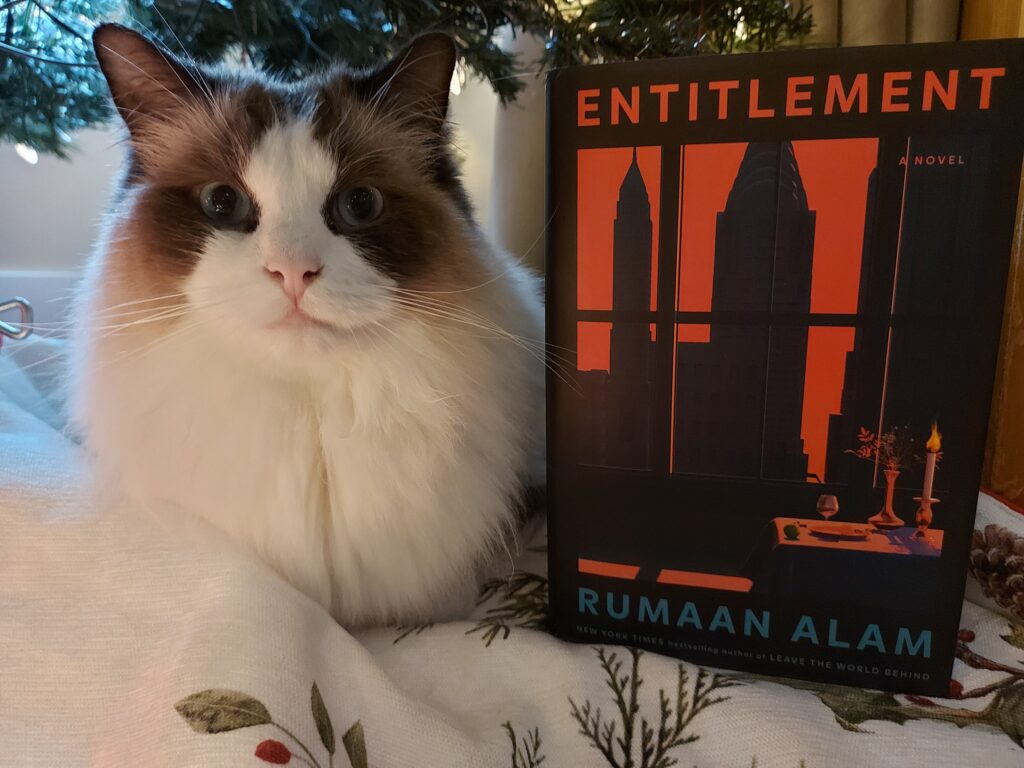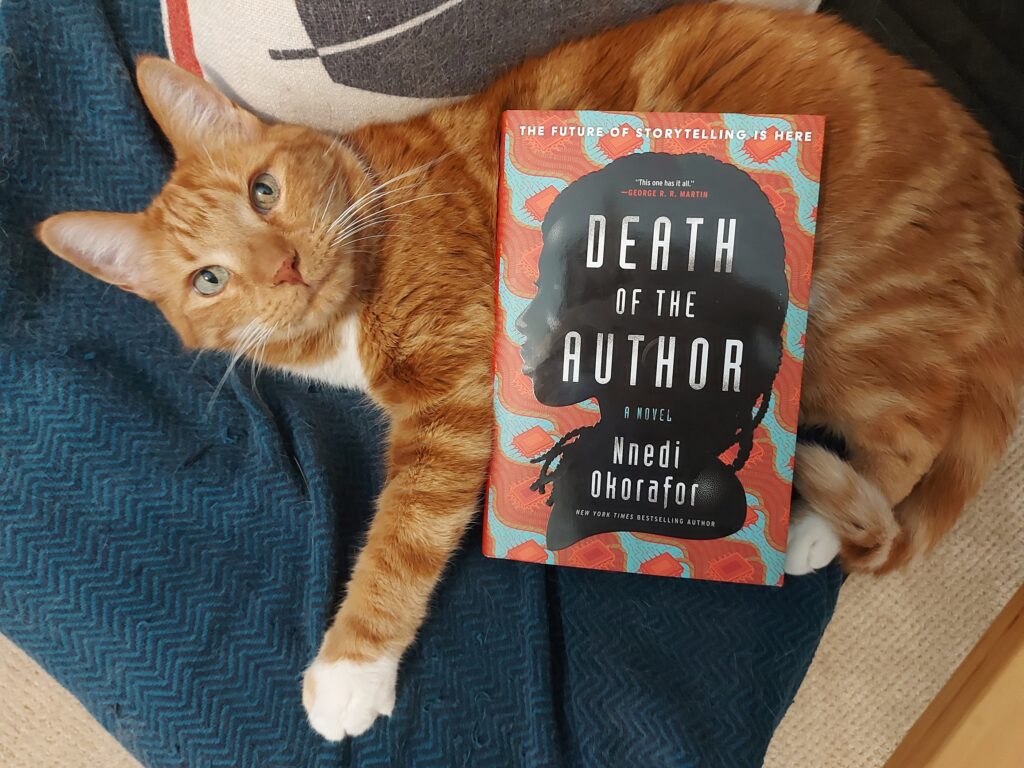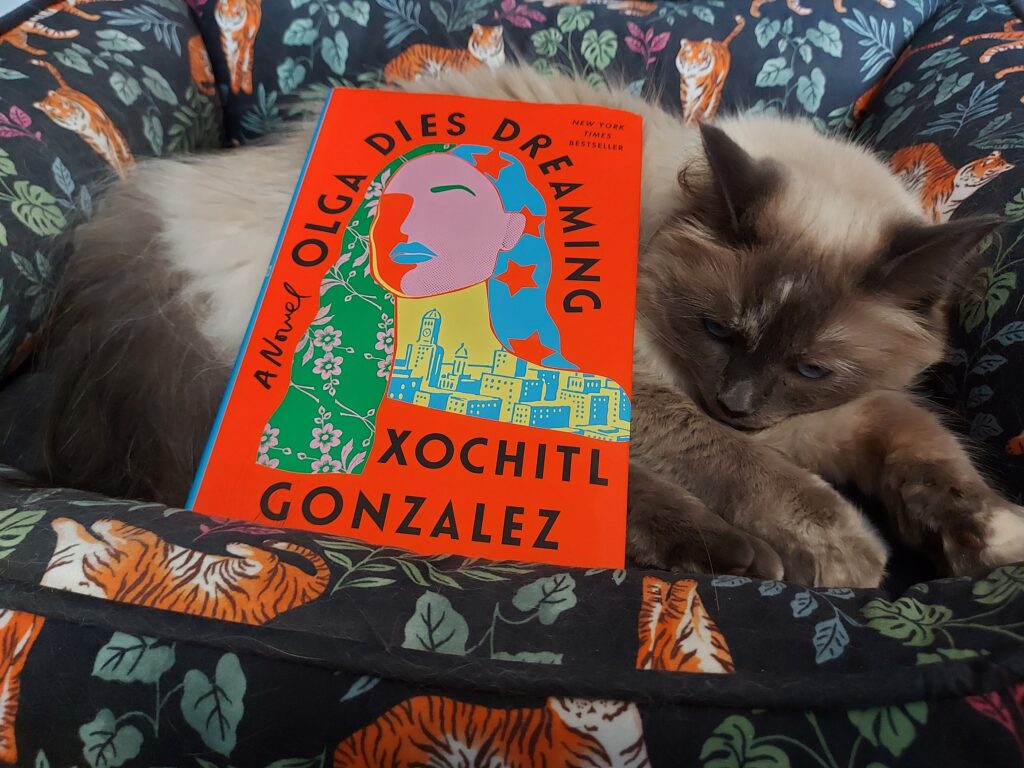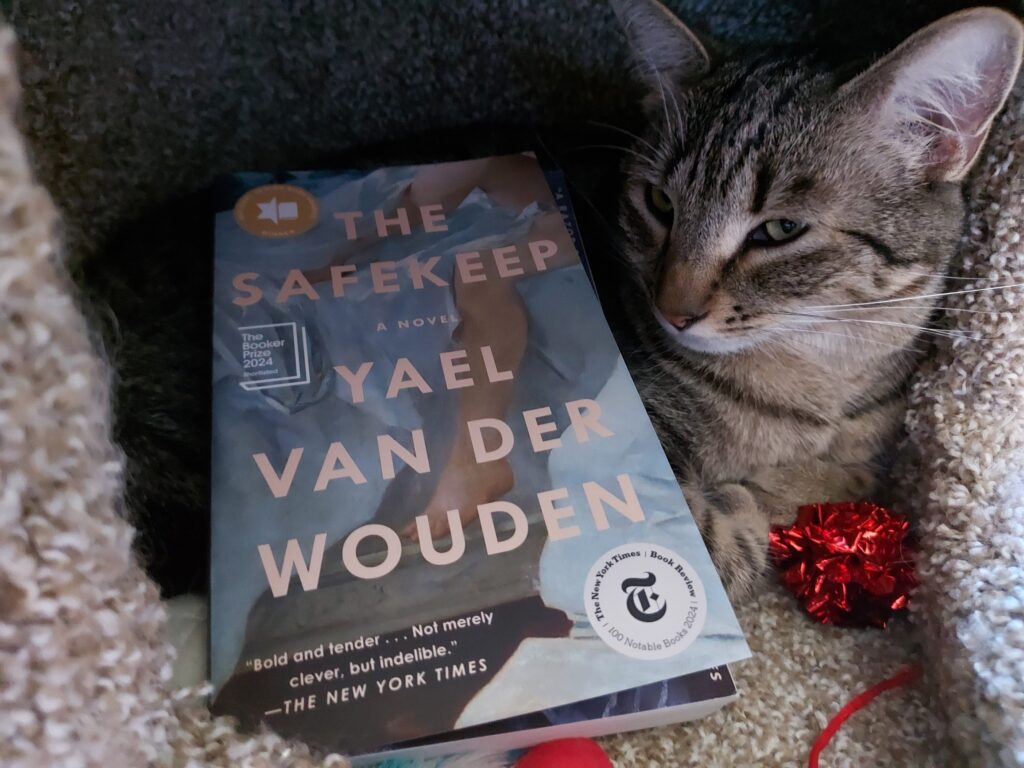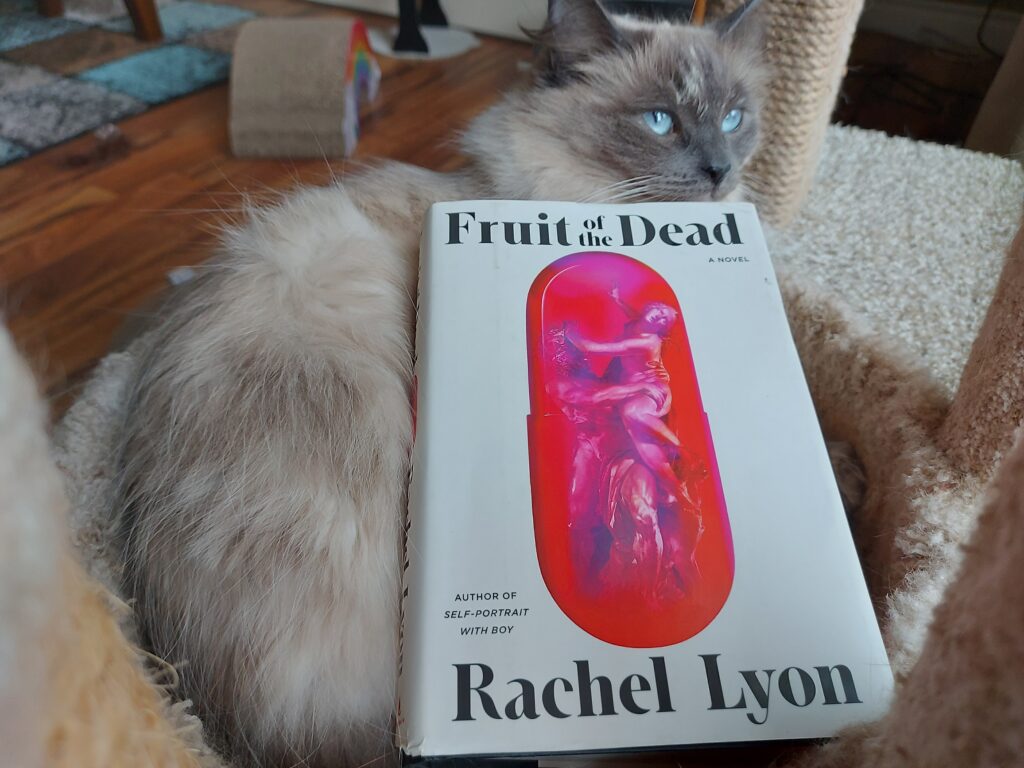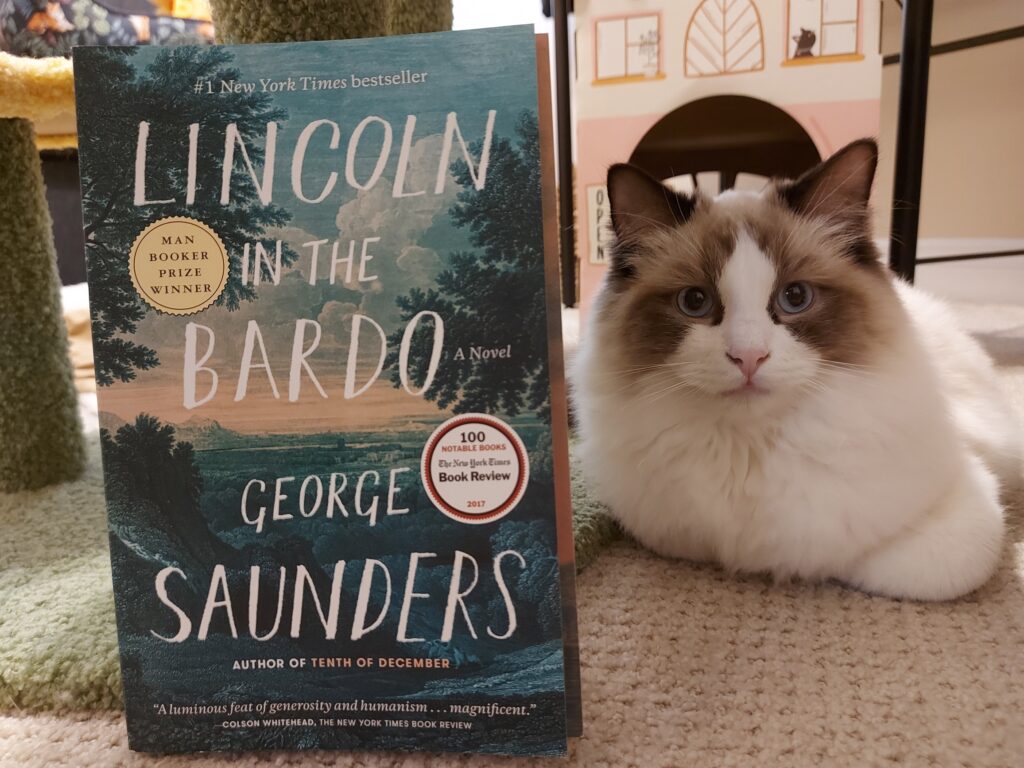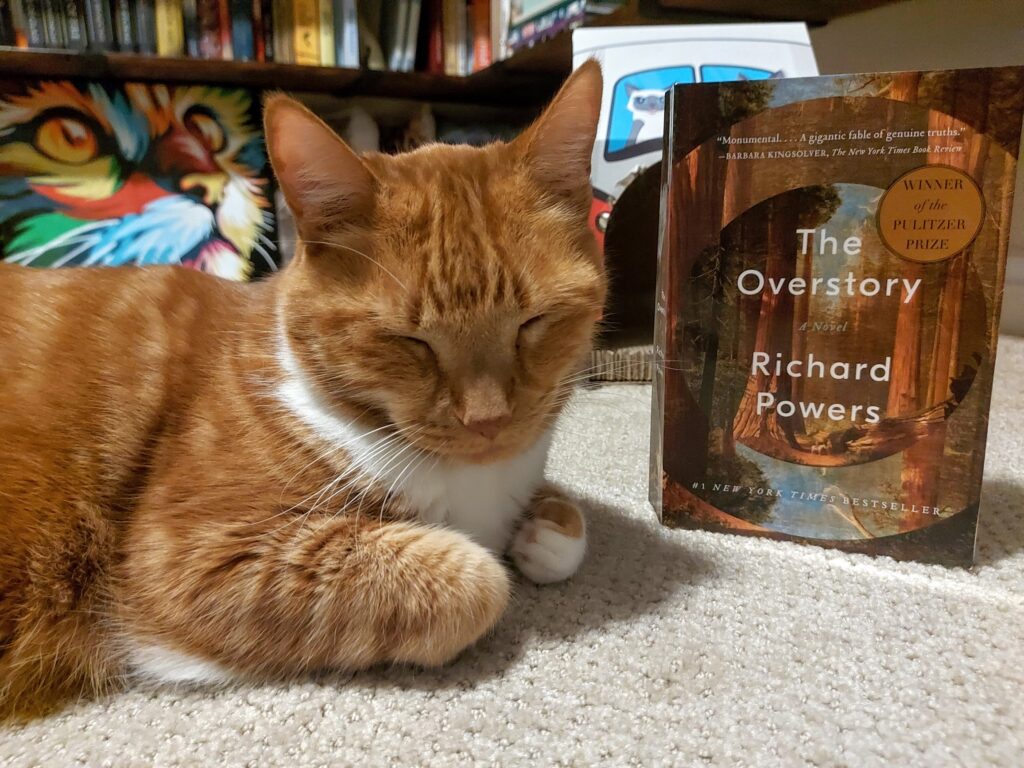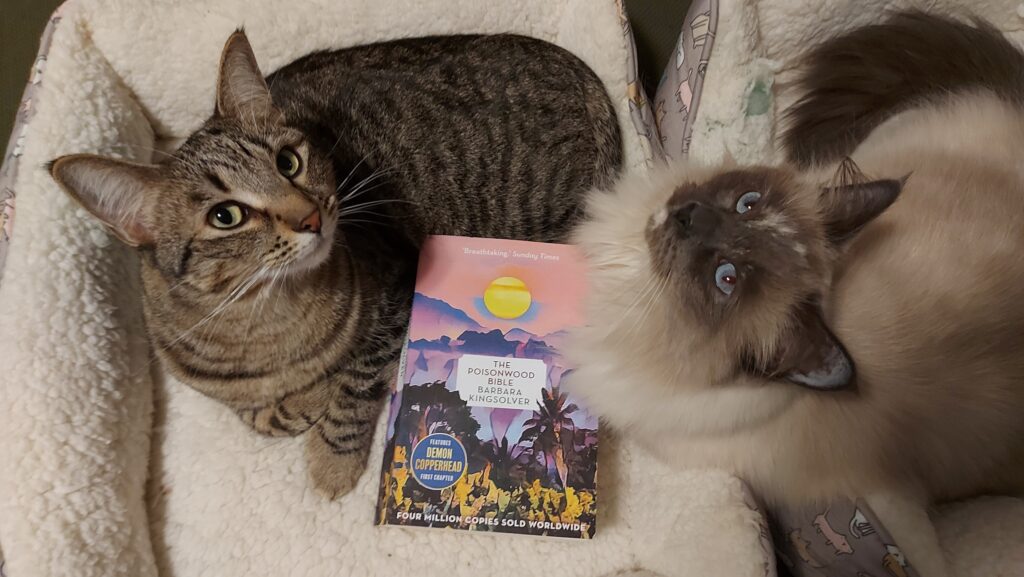Playground by Richard Powers
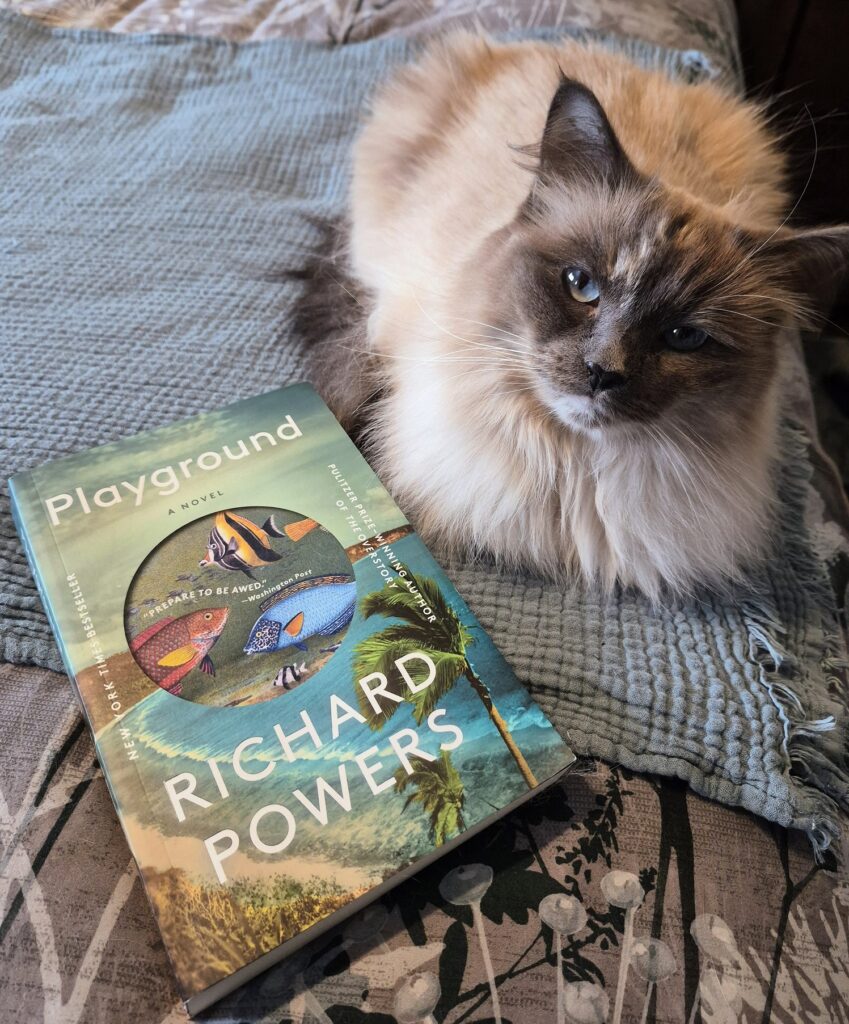
After reading Richard Powers’ dense novel, The Overstory, Playground is definitely a much easier read, but there are many different thematic threads woven through Playground that I found myself feeling disoriented about what the novel is supposed to be about, and then the end hit me with a sledgehammer and left me feeling devastated.
…